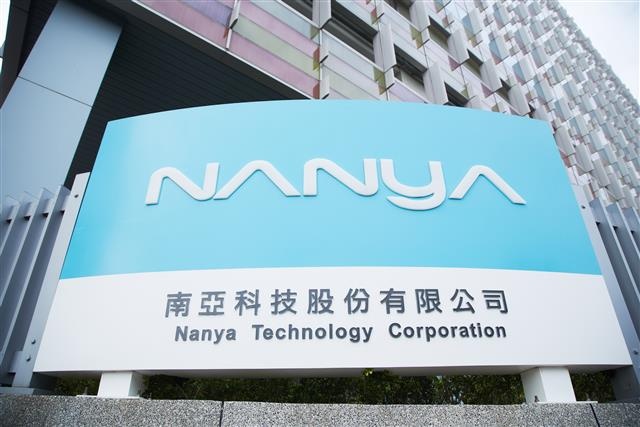Taiwan's leading chip maker Nanya Technology expresses concerns over chip shortage
 |
| Nanya Technology has strong concerns regarding supply chain disruptions |
According to Nikkei Asia, Nanya Technology, the world's fourth-largest manufacturer of DRAM chips, price adjustments for such chips are possible from now until the first quarter of 2022.
"There are many unexpected supply chain woes happening," said Lee Pei-ing, president of Nanya Technology."We found that the imbalance of chip supplies is much more serious than we expected, and the COVID-19 lockdowns in Vietnam, Malaysia, and Thailand are also hitting many electronic manufacturers' production and causing bottlenecks."
Pei-ing also expressed concern that increasing inflation and power outages in China would lead to chip shortages.
He added that demand for consumer PCs, especially educational-use Chromebooks, has slowed, while the chip scarcity is having a significant impact on the TV and automobiles sectors. Many device producers have been impacted by severe shortages of specific chips, such as those required for power management, audio, and microcontrollers, because such devices cannot be built if even one or two of those components are absent.
Pei-ing, on the other hand, believed that the correction will be short-lived and that supply chain issues will be resolved by next year, adding that underlying demand for servers, smartphones, and other consumer electronics remains reasonably robust.
Nanya Tech's remarks came only weeks after Micron Technology, the world's largest memory chipmaker, reduced its outlook for the current quarter. According to the firm, PC producers reduced their orders for DRAM and NAND chips due to a scarcity of non-memory components, which prevented them from assembling some devices. Micron, too, expects that demand will recover later, Nikkei Asia reported.
On the other hand, Meir Tlebalde, associate director cum head of Real Estate M&A, Deal Advisory at KPMG Vietnam, told VIR that the Vietnamese automobile industry is only one-third of Thailand’s and a quarter of Indonesia’s in size, hence the impact is not as noticeable as it is in other countries. Some producers in Vietnam, like Toyota and Honda, said the chip shortage impact is insignificant to their business activities, while others such as Suzuki and VinFast are experiencing some reduction in their production due to this shortage.
“However, chip shortage and transportation hindrance disrupted the supply chain, which results in longer delivery time, increasing prices, and stockpile procurement for chips. Provincial lockdown forces manufacturers to either close their plants or operate with lower business efficiency to ensure social distancing, especially in southern areas,” she added. “Also, the scarcity of raw materials and the lack of new supply networks is impeding all manufacturers, from giants to smaller firms in Vietnam. Of which, large foreign-invested manufacturers like Intel, Samsung, and LG are imposed with a stronger burden than small enterprises due to their huge demand for semiconductor inputs and lower flexibility in alternative supplies.”
What the stars mean:
★ Poor ★ ★ Promising ★★★ Good ★★★★ Very good ★★★★★ Exceptional
Related Contents
Latest News
More News
- VNPAY and NAPAS deepen cooperation on digital payments (February 11, 2026 | 18:21)
- Vietnam financial markets on the rise amid tailwinds (February 11, 2026 | 11:41)
- New tax incentives to benefit startups and SMEs (February 09, 2026 | 17:27)
- VIFC launches aviation finance hub to tap regional market growth (February 06, 2026 | 13:27)
- Vietnam records solid FDI performance in January (February 05, 2026 | 17:11)
- Manufacturing growth remains solid in early 2026 (February 02, 2026 | 15:28)
- EU and Vietnam elevate relations to a comprehensive strategic partnership (January 29, 2026 | 15:22)
- Vietnam to lead trade growth in ASEAN (January 29, 2026 | 15:08)
- Japanese business outlook in Vietnam turns more optimistic (January 28, 2026 | 09:54)
- Foreign leaders extend congratulations to Party General Secretary To Lam (January 25, 2026 | 10:01)

 Tag:
Tag:























 Mobile Version
Mobile Version